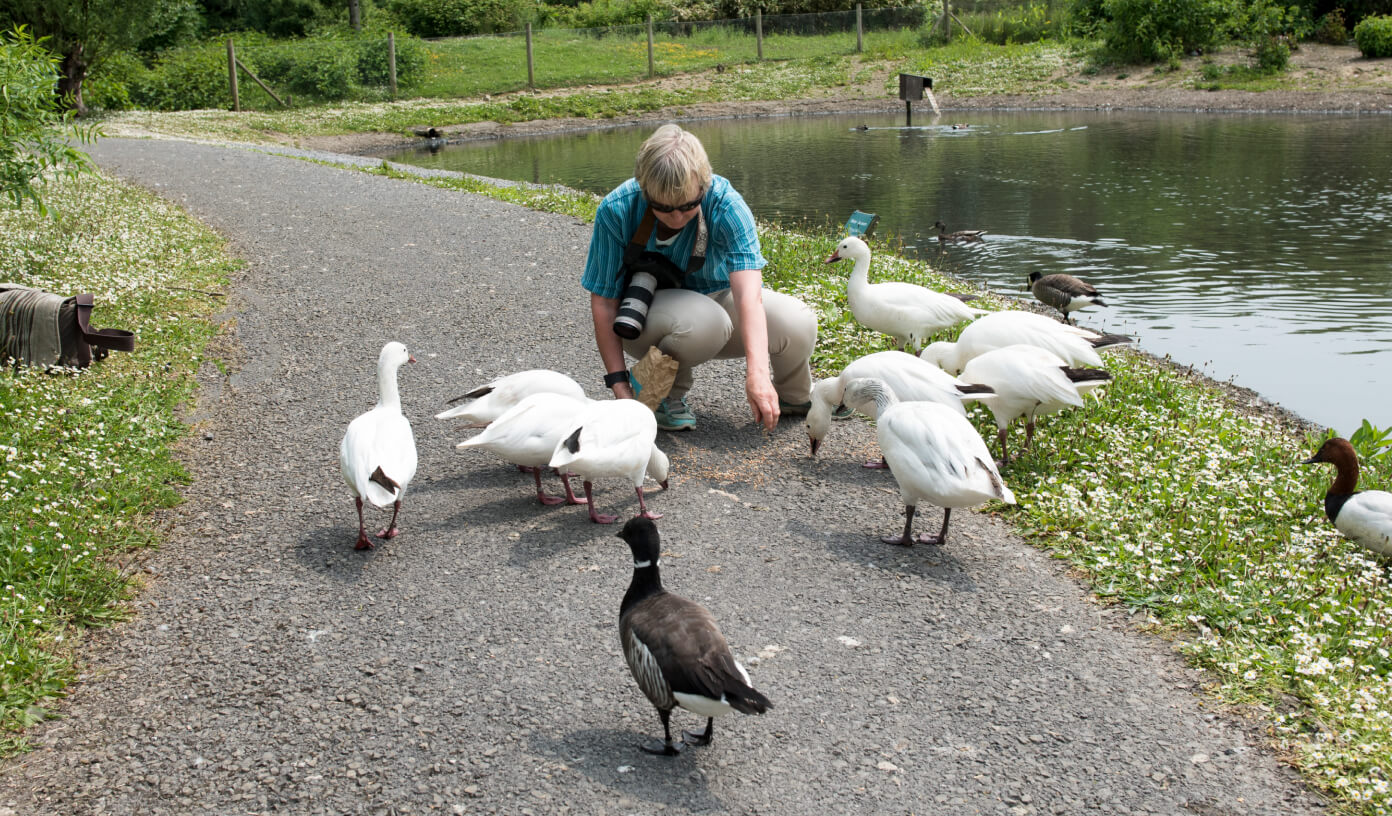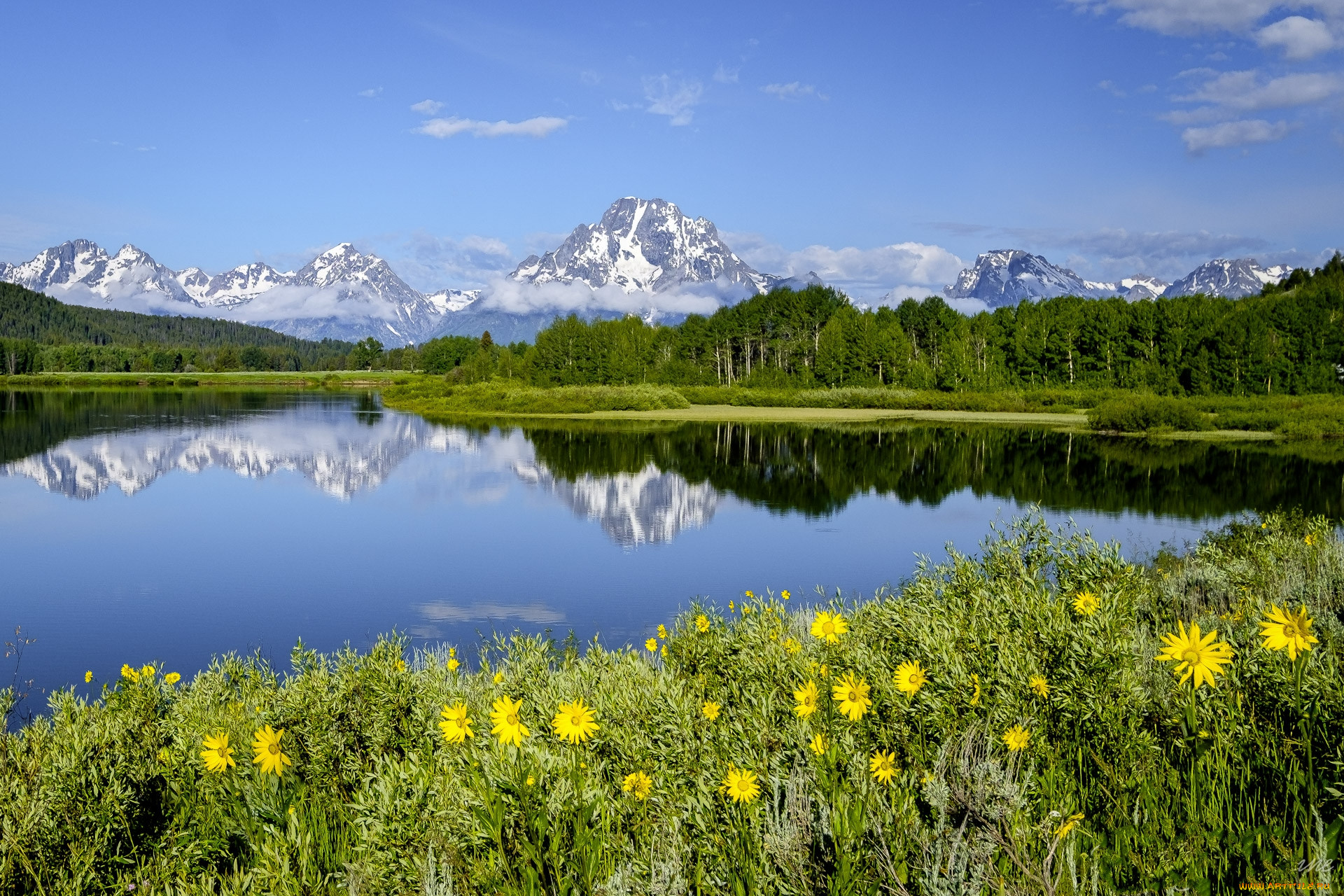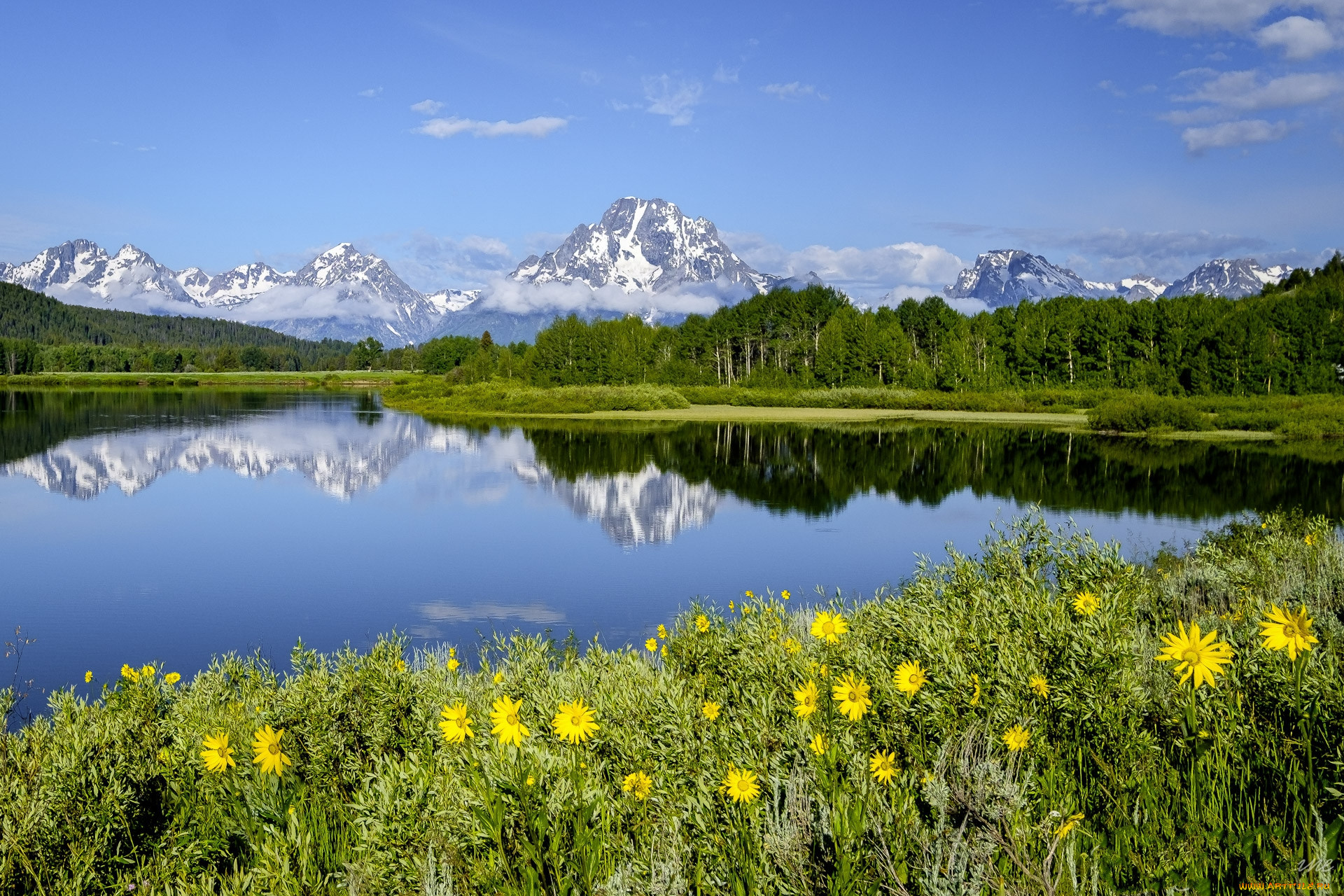
Feeding ducks is one of the favorite activities of residents and guests of the capital. The birds are so accustomed to people that they come out of the water without fear and reach for the next piece of food. But often birds are given not what they should eat, and in very large quantities. Let’s find out what this leads to and what kind of food is not harmful for the ducks.
It is not the strongest that survives
Nourishing and affordable food turns off natural selection. Vladimir Marchenkov, a specialist-biologist at Mospriroda, noted that in the natural environment only the strongest individuals, able to get their own food and withstand adverse weather conditions, survive to maturity and reproduce. Disruption of this process leads to the spread of mutations and dangerous diseases, including ornithosis, an infection of birds transmissible to humans.
Overpopulation
Another consequence of regular feeding is duck crowding. The birds prefer to live where they are fed most often, even if it is not the quietest and safest place for them in the city. Most people rejoice when they see duck families in the metropolis and wish there were more of them. But overpopulation of water bodies is dangerous, it disrupts the balance of the ecosystem and leads to the death of some plants, algae and small animals. The reason is the large amount of droppings that promote the reproduction of pathogenic bacteria.
In addition, Muscovites throw so much bread to the ducks that they do not have time to eat it. Some of the pieces sink and settle at the bottom, where they soon deteriorate and turn into poison, or become food for bacteria and parasites, which begin to multiply uncontrollably. Under-eaten bread also contributes to the population of rodents, including rats, which are excellent swimmers and divers.
Reducing the distance
Ducks like to build nests on the canopies of houses, low roofs and even on balconies, but you should not encourage such behavior. Biologist Vladimir Marchenkov recommends removing the nest as soon as you notice it to prevent clutching. Bird excrement and down are strong allergens, and if you air the room, their particles will get inside. In addition, ducks that have seen people around them since they were born will become tame. This can play a cruel trick on them, because not all city dwellers are friendly to birds. The ducklings should hatch and grow in a natural environment where they can learn to feed, swim and hide in case of danger from the first days of their lives.
Extreme wintering
Within the framework of the All-Russian action “The Grey Neck-2022” in Moscow it was counted how many wild ducks chose not to fly for the winter, and remained in the capital’s reservoirs. It turned out that 7337 individuals did so and many of them belong to the endangered species listed in the Red Book of Russia and Moscow. For example, in the natural-historical park “Izmailovo” there were spotted “tufted ducks” and “teal-winged teal”, and in the North-Eastern Administrative District — “mandarin ducks”.
Previously, ducks did not stay in cold Moscow for the winter. The situation has changed since the middle of last century, when some bodies of water stopped freezing. But sometimes birds, accustomed to regular feedings, are afraid to lose their source of food and try to wait out the winter at ponds and lakes that have begun to be covered with a crust of ice. Many are prevented from flying away by excess weight — the rolls eaten over the summer make themselves felt. In this case, the ducks run the risk of real freezing into the ice. If you notice such a bird, do not try to help it yourself, it is too dangerous. Call the Moscow government’s Single Information Service at 8 (495) 777-77-77: the operator will forward your call to the Department of Natural Resources Management and specialists will help them get the duck out of the ice captivity.
When and what to feed ducks
In summer, birds have enough natural food: stems and leaves of plants, fry fish, mollusks, amphibians. This diet helps them get the vitamins and micronutrients they need to stay healthy. People throwing food, even healthy food, at the birds disrupts this balance. The birds become lazy and instead of looking for food, they wait patiently for handouts.
Healthy birds need feeding only on frosty winter days, when the thermometer drops below −15 °C and water bodies are covered with an ice crust. Ducks can be given:
- low-fat cottage cheese with greens;
- oat flakes;
- grain of wheat, oats, barley (sprouted or poured in the evening with boiling water);
- shredded carrots, cabbage, lettuce;
- mixed fodder for birds.
It is better not to throw the food in the water, where it will quickly begin to rot, and leave it on the shore.
Food that is better lo leave at home
When we feed the ducks, we think that the birds know which food is good for them and which is not. But in fact, this is not the case. For example, baked goods are harmful for the birds, even though they eat them with pleasure. Elena Chernova, an employee of the coordination center of the Union for the Protection of Birds of Russia, explained that white bread is no healthier for ducks than cakes for people instead of a full meal. The large amount of such food causes them digestive disorders, bloating and pain. And they become obese, shortening their lifespan and preventing them from getting the really healthy food — the nimble tadpoles, insects and fry. Naturally, ducks can’t find a correlation between ill health and a soft bun. So they will continue to eat what they are offered by “caring” passersby.
In addition, after the unhealthy but nourishing food, the birds have no desire to look for their own food. This dulls their natural instincts and the ducks risk dying during the difficult wintering flight. And the birds also suffer from a deficiency of nutrients, including manganese, vitamins D and E. This weakens their immunity, reduces resistance to infections and leads to various pathologies.
Of all types of bakery products, black bread poses the greatest danger to ducks. It contains many ingredients that are foreign to the digestive system of birds: malt, artificial honey (mixture of glucose, sucrose, fructose, flavoring and coloring agents), caraway and other spices. Even a small piece of black bread can cause flatulence, gastrointestinal blockage and death in birds.
The deadly threat also comes from moldy bread, which causes aspergillosis (pneumomycosis) in birds. This infection affects the respiratory system and the serous membranes covering the internal organs. Ducks with acute aspergillosis die 2-6 days after infection.
And you can not feed the birds popcorn, chips, salted croutons and crackers, sweets, food from your table.
Author: Vera Zhikhareva
Cover photo: StephM2506 / iStock








Comments